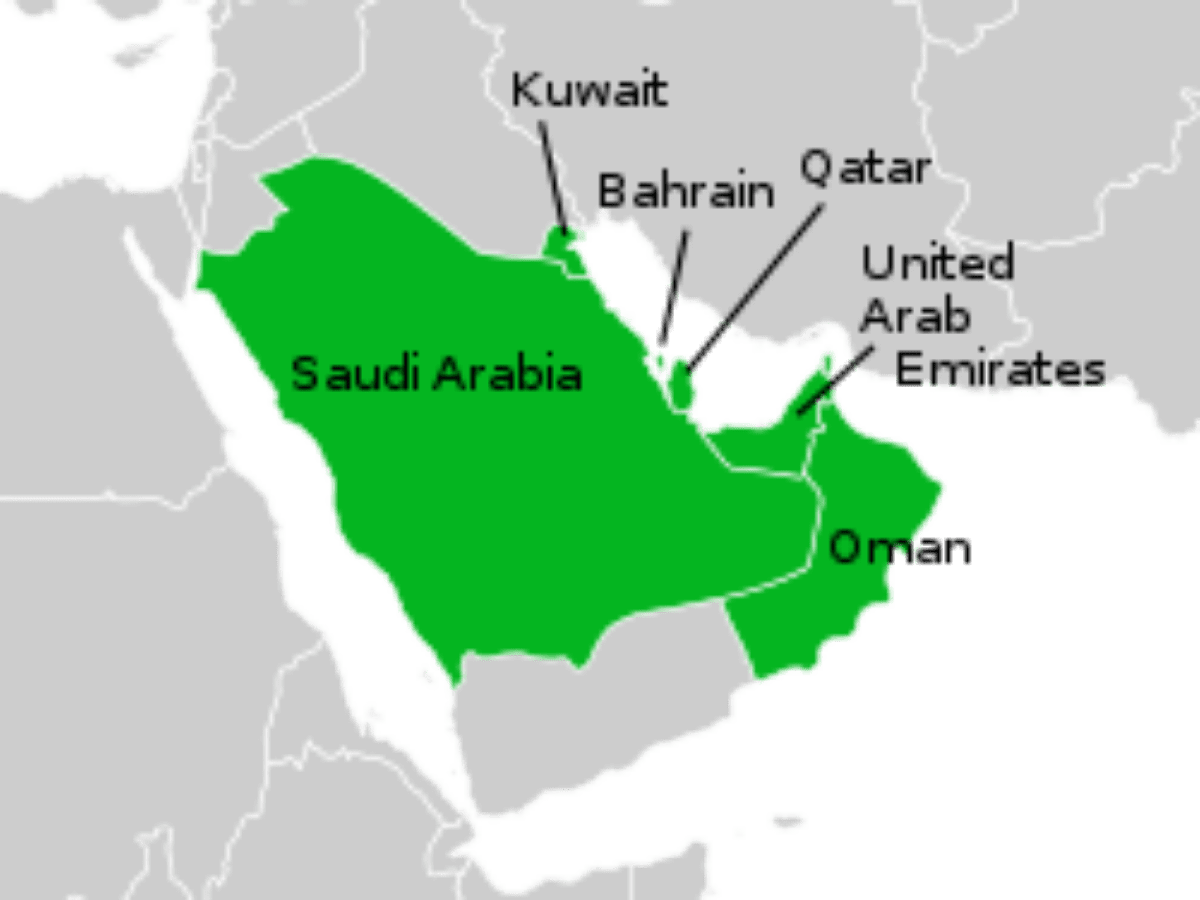
The Gulf Cooperation Council (GCC) countries are witnessing a surge in daily COVID-19 cases and gradually reintroducing social distancing norms. The daily COVID-19 infection rates reported by Qatar, Saudi Arabia and Kuwait have increased from the previous peak recorded in the summers of 2021 and 2020, respectively.
The COVID-19 cases have been rising in the GCC countries since November but a significant spike was seen in the last two weeks. The GCC countries also made it mandatory for all people to have a third dose or booster shot.
Qatar
Qatar reported the highest number of daily COVID-19 cases with 3,689 on Sunday. The Ministry of Health reported 3,689 cases of COVID-19 infections and 512 recoveries in the previous 24 hours. No new deaths have been reported, according to Qatar News Agency (QNA).
On Saturday, Qatar reintroduced a set of rules limiting home gatherings to 10 vaccinated people, barring unvaccinated people from entering malls and restaurants and reducing capacity limits for some commercial establishments. Schools in Qatar have reintroduced distance learning until at least January 27.
Saudi Arabia
The Kingdom of Saudi Arabia has recently experienced a spike in COVID-19 infections. On Sunday, Saudi Arabia reported 3,460 new COVID-19 cases, and one virus-related death in the last 24 hours, according to the Kingdom’s Ministry of Health.
The Ministry of Interior announced that those who refuse a temperature check before entering public or private places and don’t follow social distancing rules will be fined 1,000 Saudi riyal.
Saudi Arabia will start a large-scale campaign in the next days to vaccinate children against COVID-19, Health Ministry spokesman Dr Mohammed Al Abd Al Aly said on Sunday.
The authorities in the Kingdom said in-person classes will resume in primary schools and kindergartens across Saudi Arabia after nearly two years of suspension due to the COVID-19, the Saudi Press Agency (SPA) reported on Sunday.
The kingdom’s ministries of education and health said that the decision is due to the success of the earlier return of intermediate and secondary school students to class attendance and “the kingdom’s efforts to reach high herd immunity”.
On December 29, Saudi Arabia reimposed social distancing measures at the Grand Mosque in the holy city of Makkah, as well as in public places. Masks are now required again in both indoor and outdoor places.
Kuwait
Kuwait on Sunday reported 2,999 new cases of COVID-19, its fourth day of case numbers exceeding a high of 1,993 seen in July 2021.
The Kuwait Ministry of Health urged citizens and expatriates to restrict travelling abroad to emergency cases only.
Kuwait postponed the Gulf Games, scheduled for January 9 to January 19, due to the rise in COVID-19 cases, with the multi-sport event now scheduled for May 11 to May 21.
Kuwait has also banned indoor gatherings starting from January 9 until February 28 over concerns about the rapid spread of the COVID-19.
Kuwait has proposed a return to distance learning for nurseries, schools and universities and denying entry to unvaccinated domestic workers in response to a sharp increase in COVID-19 cases.
UAE
The UAE recorded 2,759 new COVID-19 cases on Sunday, its highest daily tally since March 4, 2021.
One person died during the 24-hour reporting period, taking the death toll to 2,174. The number of active cases has risen to 30,418.
More than 115 million tests have been carried out in the country since the outbreak emerged.
In the United Arab Emirates—the Gulf’s tourism and commercial hub, the past three weeks have also seen an increase in the number of cases as the country hosts a world fair during the height of its tourist season.
Dubai’s flagship carrier Emirates airline has closed its onboard lounges and social areas for passengers on board its A380 aircraft for the safety of the travellers due to a surge in COVID-19 cases.
Doctors in the UAE are urging people to get themselves tested for both the flu and the Covid-19 virus if they have a fever above 39°C, or have chills, sore throat, runny nose, or nasal congestion with severe body aches, as these patients may suffer from ‘Flurona’.
Bahrain
Bahrain on Sunday reported 1,694 new COVID-19 cases and no new deaths have been reported, according to the country’s health ministry.
On January 8, Concerned over the spread of the COVID-19 cases worldwide, Bahrain has updated its COVID-19 precautionary measures, starting from January 9, 2021, the Bahrain News Agency (BNA) reported.
Earlier on December 15, 2021, Bahrain has announced the precautionary adoption of the COVID-19 Yellow Alert Level starting from December 19 until January 31 of 2022, Bahrain News Agency (BNA) reported.
Oman
Oman on Sunday registered 967 new virus cases with no deaths in the past 24 hours, the Health Ministry said on Sunday.
Starting from December 26, Oman made full vaccination a prerequisite for non-Omanis to enter the country and for accessing public and private establishments.



